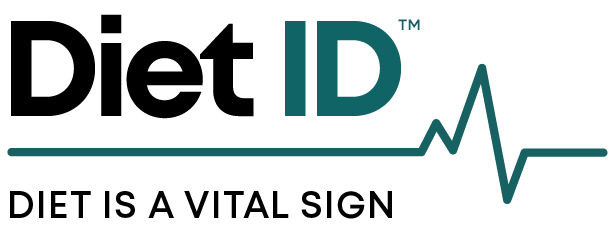You may have noticed an interesting news topic pop up lately: Diet seems to make a difference in this pandemic. And you may have heard mixed messages, so I encourage you to read articles like the one in the New York Times, How Poor Diet Contributes to Coronavirus Risk, or the one in the New York Post, America’s Junk Food Diet Makes us Even More Vulnerable to Coronavirus, or How Your Diet Can Help Flatten the Curve from CNN. They all summarize reports from healthcare workers who care for COVID-19 patients and from medical experts who analyze outcomes data. These stories share a common theme: If you do become infected with coronavirus, the healthier you are, the better your your odds of recovery. This is not to say that perfectly healthy, young people don’t get sick and even die of the virus; unfortunately, they sometimes do. The data do show, however, that robust health — supported by a healthful diet, regular exercise, and healthy lifestyle behaviors like not smoking — is our most powerful defense against bad outcomes, including death.
Consider these statistics:
People under 60 with obesity are twice as likely to be hospitalized for coronavirus than normal weight people (ref).
In the US, roughly half of the adult population are at potentially heightened risk of complications from COVID-19 due to preventable chronic illnesses (ref).
About 90 percent of people who have died of COVID-19 in the US had at least one chronic illness (ref).
Diet is the leading predictor of health and longevity. That’s because what we eat has a direct effect on how well our body functions over time. High quality diets support optimal metabolism, cellular health, and cardiovascular health, while low quality diets put stress on our body and increase risk of chronic diseases like heart disease, cancer, and type 2 diabetes. The most common consequence of a lifetime of poor eating habits is a general “metabolic syndrome” characterized by insulin resistance, chronic inflammation, obesity, and high blood pressure.
In general, people can live with metabolic syndrome, with damage occurring gradually over time. They control symptoms and related issues with medication and/or surgery, but these measures help by keeping people alive, not allowing them to thrive. So even people who seem healthy may be suffering from the fallout of decades of poor diet. But the risk becomes clearly evident when coupled with coronavirus: Metabolic syndrome impairs immunity, predisposing victims to complications from the virus, leaving them particularly vulnerable to severe illness or death.
But there’s a silver lining here: it’s never too late to make a difference. Start with your next meal, and your body will immediately begin the healing process. Dr. David L. Katz, Diet ID founder and CEO, supports a “Stay Safe and Get Healthier” campaign that emphasizes social distancing and good hygiene as well as lifestyle-based initiatives to improve overall health, which together minimize our risk of both getting infected and experiencing poor outcomes.
If you’re using Diet ID regularly, you’re well on your way to improved lifestyle habits and a better diet. No matter what diet you’re following, remember these general guidelines:
Base your meals and snacks on single-ingredient whole plant foods like vegetables, fruits, whole grains, nuts, seeds, and beans.
Listen to your body and eat when you’re hungry, until you’re satisfied.
Limit intake of added sugars, refined foods, packaged snacks, fast foods, and alcoholic beverages.
Know what’s in your food: eat meals prepared at home if possible, but otherwise, ask questions and read labels. Information is power!




